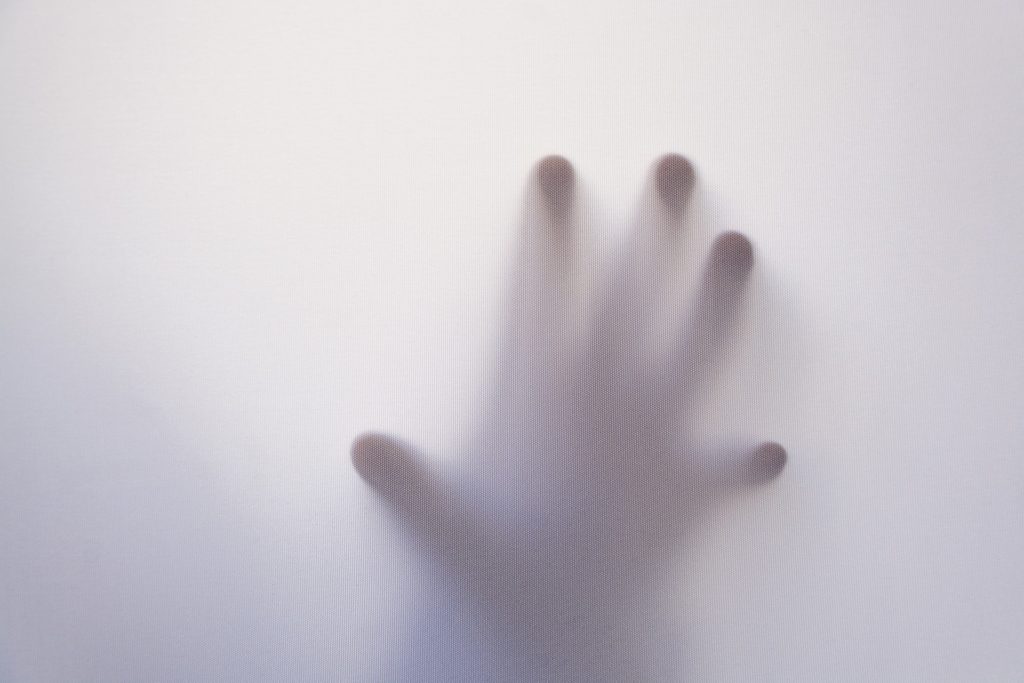Understanding Anxiety and Addiction

Most of the time, people seeking treatment for addiction may have other concerns to address, such as depression or anxiety. In fact, addiction and anxiety often move together, as sufferers find that using a substance relieves their feelings of worry and restlessness.
We can also understand the link between anxiety and addiction like water putting out a fire. When we experience symptoms of panic, ruminating thoughts, or a state of fight or flight, it can feel like a state of emergency, like our home is on fire. Substance use acts like a firefighter to douse out the danger. However, unlike actual water on a fire, addiction is not actually effective in the long term, and both the habit and the anxiety can persist and grow.
Defining Anxiety:
Anxiety is a fear-based emotion that is expressed through a sense of uneasiness before any critical event. It is the body’s reaction to stressful and unfamiliar situations. In typical cases, anxiety is a healthy feeling, as it helps people be prepared for unknown conditions.
However, people coping with anxiety disorders experience higher levels of anxiety, to the point of affecting their ability to function in everyday life. Anxiety disorders, such as Panic, Social Anxiety, and Specific Phobias, are mental health issues that can keep people from sleeping, focusing on activities, and socializing. Moreover, these issues can become uncontrollable, resulting in severe health and financial issues.
Signs and symptoms of anxiety:
- An uncontrollable feeling of fear and worry
- The sensation of panic and uneasiness
- Problems with concentration
- Decreased social relations, decline in job performance
- Constant failed attempts to resolve fear
- Substance abuse, self-medication, or other compulsive behaviors
- Trouble with sleeping or insomnia
- Chest pain
- Choking sensations
- Shortness of breath or difficulty breathing
- Headaches
- Nausea
- Fatigue
- Sweating
- Dizziness
- Numbness in hands and feet

Source: https://pixabay.com/photos/anxiety-fear-mystic-mystery-ghost-2878777/
Causes of anxiety disorders:
Anxiety can occur for various reasons, and can be influenced by different factors for each sufferer. Discussed below are some of the potential reasons that contribute to anxiety:
- Genetic predisposition
- Trauma such as abuse or violence
- Alcohol or drug abuse
- Side effects of medications
- Long-lasting stress
- Episodes of other mental health disorders
- Other medical concerns
Understanding mental and physical symptoms linked with the episodes of anxiety is a core component of effective assessment and treatment.
The link between anxiety and addiction:
It is common for people who suffer from anxiety to self-medicate or misuse alcohol or drugs to cope with their symptoms. Statistically, substance abuse is more common in those dealing with anxiety disorders than in the general population. Alcohol and drug abuse seem to sooth anxiety, but in the long term can actually increase one’s experience of it. Such individuals with a “dual diagnosis” can get caught in a vicious circle once they start using alcohol or drugs. The physical and psychological symptoms of anxiety boost up, increasing their drug intake to function correctly. This leads to creating tolerance to the drugs, and ultimately a cycle of substance abuse results in addiction.

Source:https://pixabay.com/photos/smoking-cigarette-bad-air-ash-2529858/
Anxiety and addiction: dual diagnosis
Some factors contributing to addiction and anxiety where anxiety triggers substance misuse include:
- Self-medication – Leaning towards drugs and alcohol becomes a way to control symptoms of anxiety.
- Withdrawal from substances – Just as substance addiction can result from self-medication, the withdrawal from addictive substances can initially lead to anxiety and sleep issues.
- Genetic predisposition – Research shows that a family history of addiction and anxiety can be a factor in predicting who is prone to similar issues.
- Chemical factors – Brain imaging shows that both anxiety and addiction disorder can be related to chemical imbalances in the brain.
Conclusion:
If you are among those who are coping with both an anxiety disorder and addiction, getting the right help is essential and available.
Guest author Vishal Porwal is a writer for AddictionAnswers.com.
